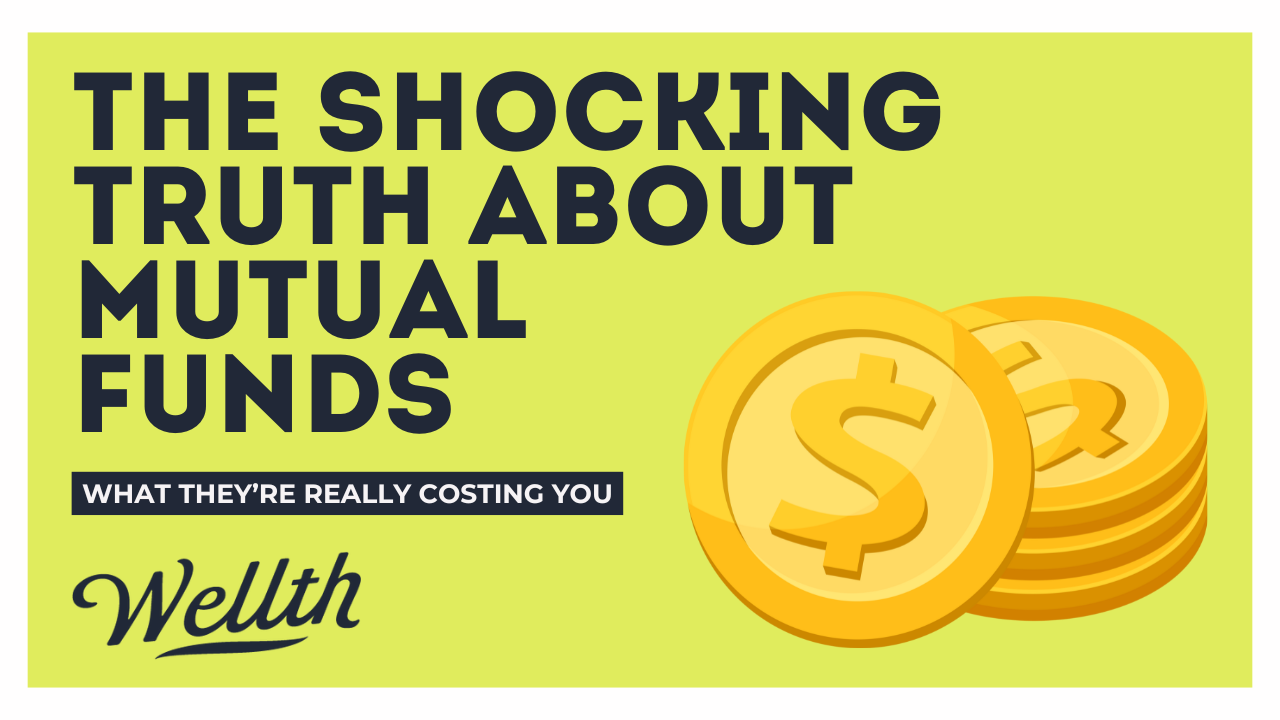The Shocking Truth About Mutual Funds: What They’re Really Costing You
It’s not the fees that matter — it’s the decades of compounding you sacrifice.
Most investors are taught to obsess over fees. Morningstar ratings, glossy fund brochures, and financial columnists hammer the same message: keep costs low and the market will do the rest.
It’s a neat story, but not the full one.
Yes, fees matter. A fund charging 2% has to clear a much higher hurdle than one charging 0.25%. But for most investors, the more dangerous drain isn’t obvious, rarely discussed, and never splashed across a marketing sheet. It’s turnover—the endless buying and selling that interrupts compounding, the most powerful force in investing.
The Silent Killer
Compounding only works when capital is left alone to grow. Slow at first, exponential growth becomes unstoppable if given the time. But mutual fund managers don’t have that luxury. Their careers are judged quarterly. A few weak reports can put them on notice; a couple of bad years can end them. That career risk forces short-term positioning, not patient wealth building.
Every trade is friction - spreads, commissions, market impact, and, most corrosive of all, taxes. Even when managers trade well, these frictions chip away at the exponential curve.
And it doesn’t take much to destroy decades of growth.
A Simple Illustration
Take two investors, both starting with $100,000 and earning 10% annually before costs.
Investor A buys and holds. After 20 years, the portfolio grows to $672,750.
Investor B invests in a fund with 70% annual turnover. Tax drag and trading friction cut returns to 8%. After 20 years, the account is worth $466,095.
The gap: $206,000. Not because of a visible fee, but because compounding was interrupted.
Many actively managed mutual funds churn at rates north of 50% a year. Some exceed 100%. The average dollar is sold within two years. That’s not investing—that’s speculation wrapped in compliance.
Incentives Out of Line
The problem isn’t incompetence. It’s misaligned incentives.
Investors want decades of compounding. Managers want careers that survive the next quarter. Those are not the same goals.
A manager who underperforms for three years may never recover professionally—even if the strategy would have crushed benchmarks over 10. The rational response? Hug the index, trade often, and avoid standing out.
That’s why funds excel at gathering assets but struggle to create wealth. Their design punishes patience.
The Investor’s Edge
The irony is that individual investors so often portrayed as the disadvantaged party actually hold the one structural edge managers can never match: time.
You don’t have to justify yourself every quarter. You don’t need to dump an unpopular stock to protect a career. You don’t answer to nervous shareholders.
Your advantage isn’t superior research or faster information, it’s the ability to do nothing.
Takeaway
For most investors, the practical step isn’t buying baskets of individual stocks it’s choosing the right advisor.
The critical question isn’t “What’s your performance?” but “Do you understand how turnover destroys compounding?” An advisor worth keeping will emphasize patience, tax efficiency, and restraint.
If yours can’t explain how they protect compounding, then they may be serving their career more than your capital.
Disclaimer: This analysis is for informational purposes only and does not constitute financial advice. Investors should conduct their own due diligence and consult with a financial advisor before making investment decisions.


